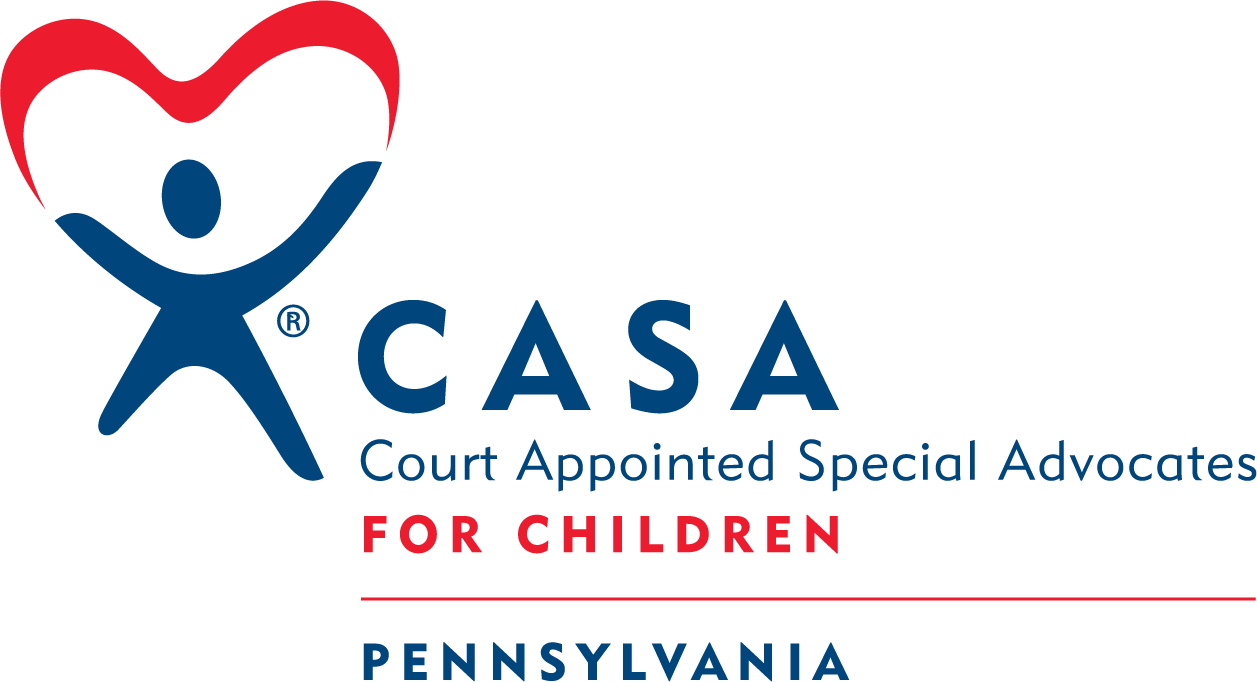Family First Prevention Services Act Presentation by Jonathan Rubin, Deputy Secretary of the Office of Children, Youth, and Families (OCYF)


On August 12, 2021, Jonathan Rubin, Deputy Secretary of the Office of Children, Youth, and Families (OCYF) within the Department of Human Services, joined PA CASA and staff members from 17 local CASA programs to share information on the Family First Prevention Services Act (Family First), Public Law (P.L.) 115-123, signed into law by Congress on February 9, 2018. Family First is focused on prevention services to support children remaining in their home of origin with their families, or in the least restrictive setting when remaining in the home is not able to be safely achieved. The Family First Prevention Services Act was signed into law as part of the Bipartisan Budget Act. This act reforms the federal child welfare financing streams, Title IV-E and Title IV-B of the Social Security Act, to provide services to families who are at risk of entering the child welfare system.


Family First aligns with CASA’s guiding principles that recognize the importance of family preservation and/or reunification, and that it is in the child’s best interest to remain with their family of origin whenever safely possible.
In preparation for the October 1, 2021 implementation of Family First, Pennsylvania has developed a Five-Year Prevention Plan that will be submitted to the Federal Administration for Children and Families (ACF) for approval. This will include a program to identify and address challenges with implementation of Family First principles and access to prevention services. One of the ways included developing a broad definition of Candidate for Foster Care which would not require the child to have a substantiated finding of child abuse or neglect to be eligible to access and receive the services or interventions offered by Family First.
In an effort to focus on an attempt to stop maltreatment before it happens, Pennsylvania is working to develop “Prevention Services Innovation Zones.” This innovative prevention solution is unique to Pennsylvania’s Five-Year Prevention Plan; out of the 14 states with approved plans, none have proposed something similar. The Innovation Zones will provide counties the ability to meet the needs of children and families in their communities through the provision of evidence-based programs included in PA’s Prevention Plan without requiring the family to have an open case with the children and youth agency. To date, one county has provided a specific proposal that has identified a provider agency that will partner in this initiative within the county.
For children and youth who are unable to remain in their home safely or in a traditional foster care or kinship setting, Pennsylvania has developed criteria for specialized settings that will focus on providing trauma-informed care. This approach will include enhanced levels of staffing ratios, professional development, family and child engagement, physical site safety considerations, meaningful discharge/transition planning, and other specialized training for both staff and youth as needed. To date, approximately 90 licensed programs have become approved as specialized settings across the state.
Pennsylvania has chosen the following eight evidence-based practices to include in their Five-Year Prevention Plan, with the intention to add additional evidence-based services as often as needed: Functional Family Therapy, Healthy Families America, Homebuilders, Multisystemic Therapy, Nurse-Family Partnership, Parents as Teachers, Incredible Years – Toddler Basic and School Age Basic, Positive Parenting Program – Level 4 Standard. In addition, OCYF has requested the Effective Black Parenting Program be designated as a Promising Practice. Philadelphia County currently does all of the necessary monitoring and data collection required. Pennsylvania’s goal is that this program be approved and added to the Federal Clearinghouse so that it is approved for every state in the country.
Pennsylvania is currently building capacity to support the implementation of the Five-Year Prevention Plan and to provide the infrastructure necessary to evaluate the eight evidence-based programs. The Family First Implementation Team will assist in identifying and addressing both challenges and strategies associated with implementation of the evidence-based prevention programs. The goal is to expand the program and offer an array of prevention services in communities, making sure they are accessible to all children and families. This will lead to positive outcomes for safety, permanency, and well-being for our state’s most vulnerable children.
[simple-author-box]









Responses